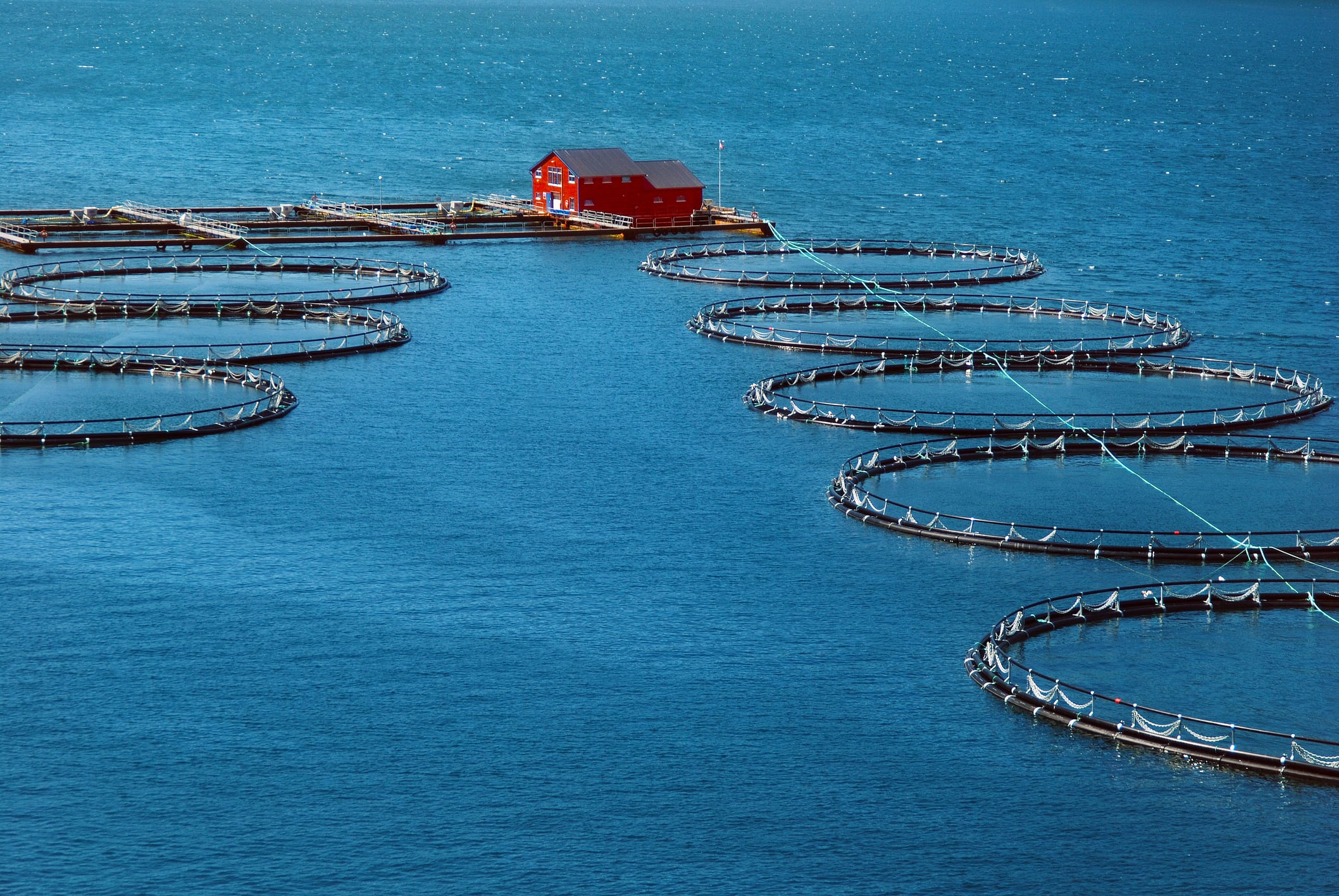Finnish biotech firm Enifer has partnered with Brazil’s FS, an ethanol producer, to establish Latin America’s first Pekilo mycoprotein production from corn ethanol side streams.
The project goals? The production of 500 tons annually of Pekilo Pet and Pekilo Aqua, offering a sustainable source of protein for pet food and aquaculture markets.
The partnership brings Enifer’s proprietary fermentation technology to South America for the first time and represents the first global use of thin stillage - a corn ethanol byproduct - as feedstock for industrial-scale mycoprotein production.
FS, which currently utilizes thin stillage to produce dried distillers grains (DDGs), is constructing a pilot-scale plant to demonstrate the commercial potential of integrating the Pekilo process alongside its existing ethanol operations.
“This is about unlocking new value from a low-value byproduct,” said Simo Ellilä, CEO and co-founder of Enifer told AgTechNavigator. “Our process doesn’t compete with DDG production — in fact, it enhances it. By removing soluble material from the DDGs, their nutritional profile can actually improve, opening the door to higher-value applications.”
Transforming waste into protein
The Pekilo process ferments a proprietary fungal strain to yield a protein-rich biomass containing 60% protein and valuable bioactive compounds such as beta-glucans and nucleotides. The result is a functional, palatable, and digestible ingredient that can be used in both pet food and aquaculture diets.
The pilot initiative has received R$9.8m (US$1.75m) in funding from FINEP, Brazil’s innovation agency.
FS is targeting both domestic and regional markets including aquaculture sectors in Ecuador and Chile, which are significant producers of shrimp and salmon, respectively.
“Tilapia, the biggest aquaculture sector in Brazil, are omnivores and can eat anything, but high-value species like salmon and shrimp need more tailored nutrition,” said Ellilä.
Enifer and FS have completed extensive groundwork, including feedstock validation, local animal trials, and earlier piloting campaigns.
According to Ellilä, FS’s established position in Brazil’s DDG market, along with its sustainability-driven operations, powered by bioenergy rather than fossil fuels, make it an ideal partner for scaling bio-based protein production.
The project aligns closely with circular economy principles by valorizing thin stillage - traditionally considered a low-value byproduct - into a high-quality protein source. The integration of Enifer’s fermentation process within FS’s existing corn ethanol infrastructure enables resource efficiency while avoiding disruption to current output, he continued.
Platform for global expansion
The companies are also evaluating expansion to a 10,000-ton-per-year facility by 2027, contingent on the success of the pilot phase. Enifer sees the Brazilian project as a key proof-of-concept for similar partnerships in the US, where standard corn ethanol operations face growing pressure to diversify and add value.
“We’ve had preliminary conversations in the US, but it’s important to show this works first,” Ellilä added. “Once we have a stable, cost-effective demonstration plant up and running with FS, we’ll be in a strong position to enter new markets.”
In parallel, Enifer is completing construction of its first full-scale mycoprotein plant in Finland, supported by €33m in funding. The facility will produce 3,000 tons of Pekilo annually, primarily for the pet food sector, with future expansion into aquafeed as market economics allow.
Despite the price sensitivity in aquaculture feed markets, Enifer’s Pekilo offers nutritional and functional advantages over conventional proteins like soy and fishmeal, including immune-boosting compounds particularly suited for juvenile fish, outlined Ellilä.
“Pekilo’s functional benefits could justify premium applications in health and starter feeds, but that depends on whether feed formulators recognize the added value.”
For now, Enifer remains focused on executing its current projects and securing broader market validation. “Our priority is proving this technology works commercially, first in Finland, and now in Brazil,” said Ellilä.





